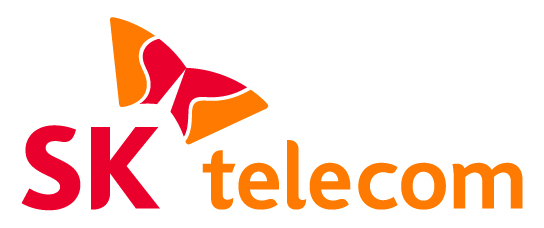SK Telecom and Mars Auto will work to collect and analyze data needed to develop advanced self-driving technology
Korean’s largest mobile operator, SK Telecom (SKT), signed a memorandum of understanding (MoU) with a local autonomous vehicle startup with the aim of collaborating on advanced technology for self-driving trucks.
Mars Auto is a developer of AI-powered software to run self-driving trucks for freight transportation. The firm’s core solution is Mars Pilot, a self-driving AI system that can make driving decisions based on machine learning using seven cameras installed on a truck.
SKT and Mars Auto will work to collect and analyze data needed to develop advanced self-driving technology.
Larger vehicles, such as trucks, require AI software to evaluate and anticipate traffic conditions using real-time networks that transfer data instantaneously, given their size and greater braking distance, the telco noted.
Under the terms of the deal, the Korean carrier plans to provide Mars Auto with improved connectivity based on its 5G networks and share AI-related technologies.
The company aims to train Mars Pilot using 100 million kilometers of accumulated road data aided by a real-time network provided by STK.
“We were able to acquire the infrastructure needed to maximize the potential of our AI software,” Mars Auto CEO Park Il-soo said in a statement. “We will create a safer, more efficient driverless service.”
Meanwhile, SKT’s Chung Seok-geun, the head of the company’s global and AI tech business unit, said the partnership will “fast forward commercialization of AI-powered self-driving trucks.”
Last month, SK Telecom announced its ambition to become a global artificial intelligence company by strengthening its own AI competitiveness and cooperating with partners globally.
SKT’s CEO Ryu Young-sang unveiled the telco’s new ‘AI Pyramid Strategy’ centered around three key areas including AI Infrastructure, AI Transformation (AIX) and AI Service.
Under this new strategy, Ryu said that the carrier expects the proportion of AI-related investment to approximately triple from 12% over the past five years to 33% over the next five years.
The company noted that AI Infrastructure is an area where SKT’s technological capabilities are concentrated. The area consists of AI data centers, AI semiconductors and multi LLM.
Going forward, SKT also plans to leverage its AI service-related experience and knowhow accumulated in the Korean market to develop a personal AI assistant service that can attract global customers.
The company expects that its partnerships with diverse global players — including the Global Telco AI Alliance — will help accelerate its progress in the AI field.

